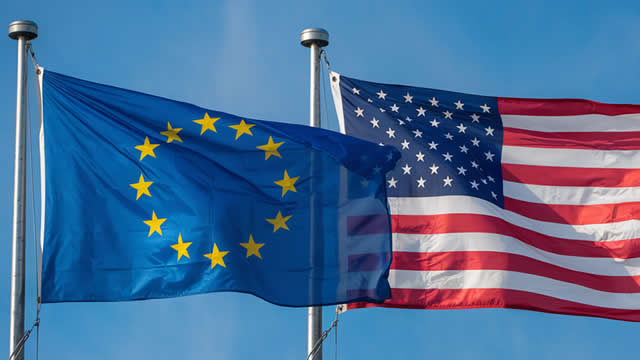Goldman Sachs Trade War Scenarios and Euro Outlook
Introduction
Goldman Sachs has been analyzing various trade war scenarios and their potential impact on the euro currency. One of the key scenarios they have been evaluating is the outcome of the US election, particularly if the Republican party wins the presidency and Congress. In this case, higher tariffs could be imposed, leading to significant changes in the global economy.
Tariff Scenarios
If the Republican party wins the election, Goldman Sachs predicts a 10% US tariff on all imports and a 20% tariff specifically on Chinese products. These actions, combined with potential tax cuts, could push up inflation and result in Federal Reserve interest rate increases. This could cause US rates to surpass EU rates, leading to a sharp rise in the US dollar and a potential 10% drop in the euro.
Alternatively, in a narrower trade war scenario where additional tariffs are only imposed on China, the euro could still fall by around 3%.
Democratic Sweep or Divided Government
On the other hand, if there is a Democratic sweep or a divided Democratic government, there may be some initial downside for the US dollar.
Impact on Individuals
For individuals, the potential consequences of these trade war scenarios could mean higher prices for imported goods, particularly those from China. This could lead to increased costs of everyday items and potentially impact personal finances.
Impact on the World
On a global scale, the outcome of the US election and subsequent trade policies could affect international trade relationships and economic stability. A rise in US tariffs could spark retaliatory actions from other countries, leading to further disruptions in the global economy.
Conclusion
Goldman Sachs’ analysis of trade war scenarios and the euro outlook highlights the importance of considering the potential impact of political decisions on currency markets and global trade. As individuals and nations navigate these uncertain times, it is essential to stay informed and be prepared for any economic repercussions.





